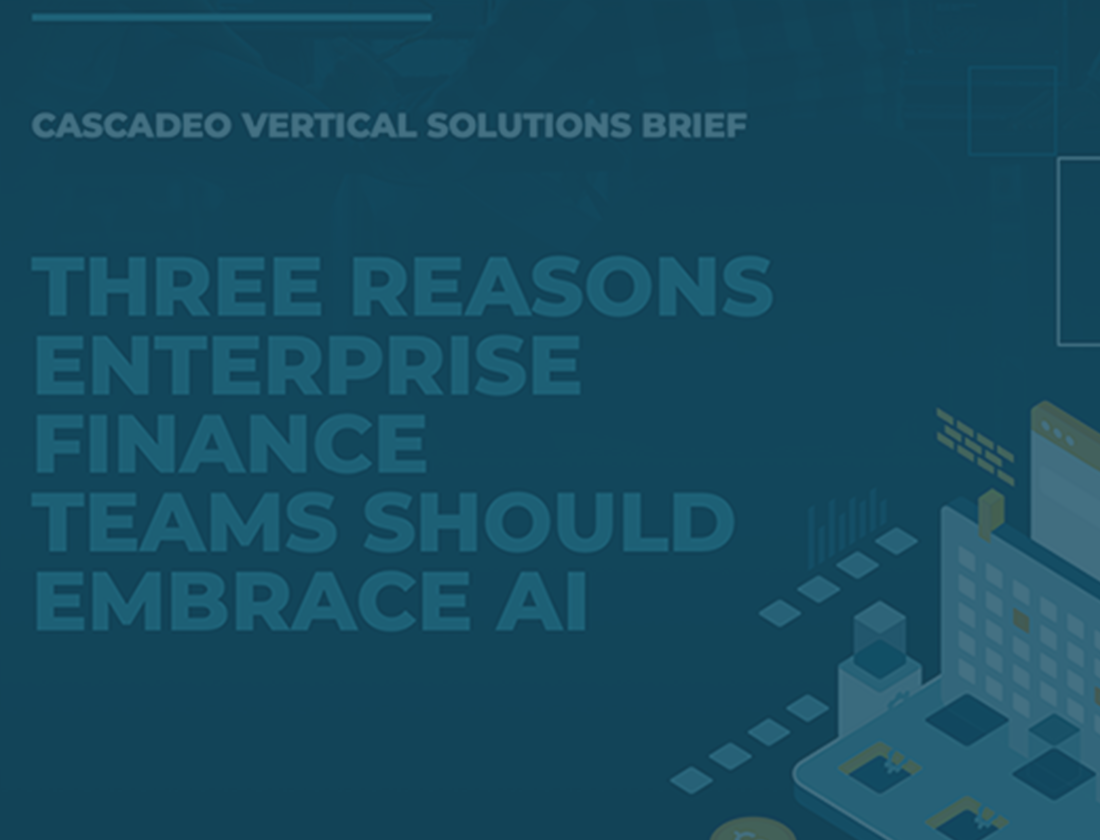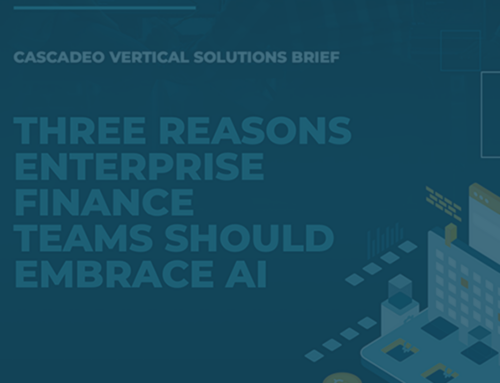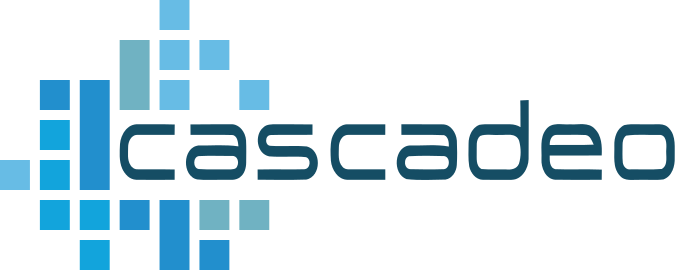
Keep up to date on generative AI ideas, news, and analysis to make sure your business is ready for the AI wave.
Gen AI News and Knowledge: From the Beginning

Welcome to our new blog series, Recommended Reading. In monthly posts, we’ll share the articles Cascadeo’s AI experts feel are helpful to understanding what generative AI is, how it’s changing business, and where it will take us in the future. This week, we’re starting at the very beginning: with the basics.
Getting Started
For explanations and definitions, trusted analyst firm Gartner is a great place to begin. This page includes their analysts’ foundational information about generative AI and how it will impact business in both the long and short term.
One Useful Thing is a compelling Substack blog about the impacts of AI on education and work, written in plain enough language for an AI novice to easily follow.
If you use LinkedIn, this list of AI Influencers to follow in 2024 is a great resource.
Here is an interview with OpenAI CEO Sam Altman on the Unconfuse Me podcast with Bill Gates.
Strategy and Planning
This Boston Consulting Group LinkedIn article moves beyond introductory ideas into strategy, including a survey of executives on their plans to implement generative AI.
This dossier from Deloitte discusses generative AI use cases across a variety of industries where it’s likely to have a strong impact. Cascadeo’s blog series on generative AI across select industries does, as well.
Gartner recommends foregrounding value propositions as you build your generative AI strategy.
Harvard Business Review offers “How to Capitalize on Generative AI,” a guide focusing on benefits and risks, and suggests building a generative AI strategy soon..
McKinsey recommends CIOs and CTO take nine actions to engage with gen AI.
Considering Ethics and Responsibility
As you build your AI strategy, you’ll want to choose AI vendors and implementations that align with your corporate ethical priorities. In this Cascadeo blog post, we discuss approaches to building responsible AI to help improve customers trust and engagement.
Researcher Percy Lang articulates a vision of open and ethical AI in this TED talk.
A number of pending lawsuits will likely impact how we use generative AI in the future, though it’s impossible to predict how just yet. Read about the New York Times lawsuit accusing Microsoft and OpenAI of copyright violation here. Read about the Authors’ Guild’s class action suit here. The Association of Research Libraries has supported OpenAI’s assertion in both suits that their use of openly available but copyrighted material for AI training falls under Fair Use standards (though that logic may fail for material that is not openly available, such as articles behind paywalls). Copyright Alliance disagrees, based on the fact that Fair Use governs not just what may be used, but how it is used. The Stanford University Institute for Human-Centered AI thinks it’s complicated, but mostly agrees with Copyright Alliance that purveyors of AI have not fully considered the nuances of Fair Use.







